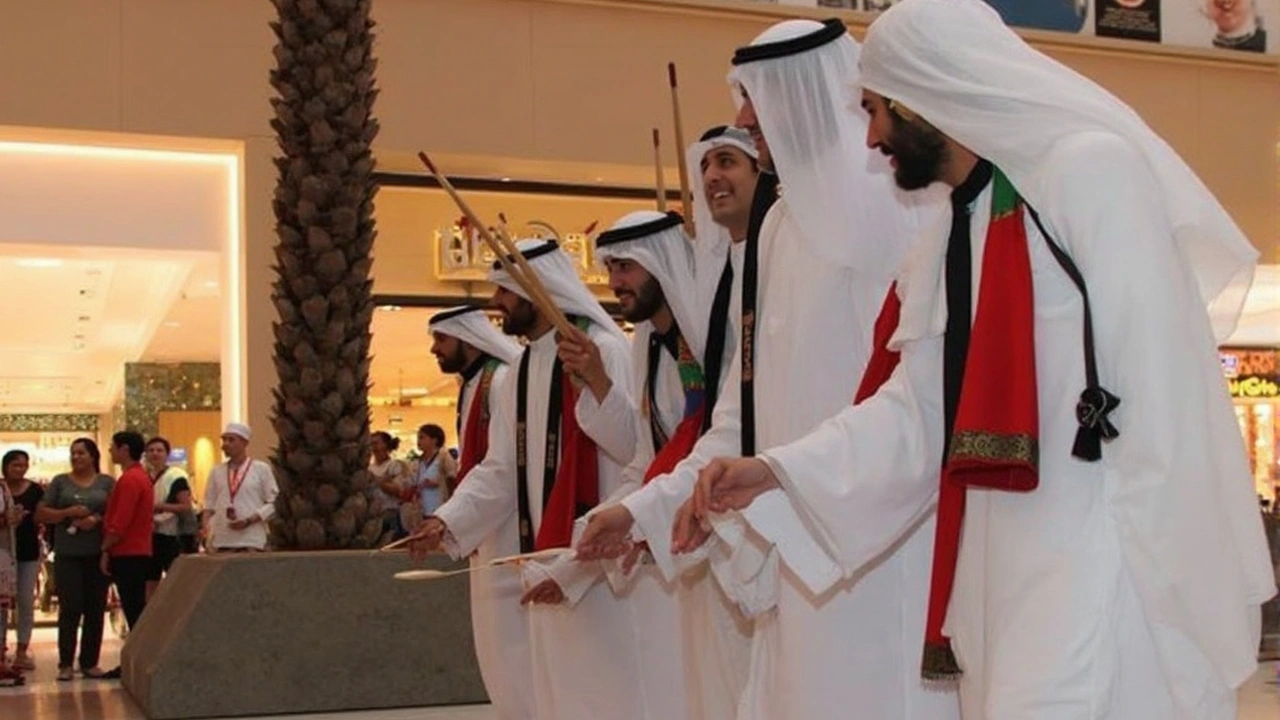Dubai Financial Market Reveals 2025 Eid al-Fitr Closing Schedule
 Mar, 26 2025
Mar, 26 2025
DFM Eid al-Fitr 2025 Holiday Schedule
The Dubai Financial Market (DFM) has released its plans for the Eid al-Fitr 2025 holiday period, aligning its schedule with that of the UAE's private sector. According to the latest official notifications from DFM, the market focused on securities operations will pause from Sunday, March 30, extending to Tuesday, April 1, 2025. These provisional dates meant for the observance of one of Islam's most important feasts will rest heavily on the traditional moon sighting practices to ascertain the end of Ramadan.
While these dates currently align with UAE private sector closures, flexibility is advocated, as the celebration may stretch to April 2 if Ramadan extends. Consequently, the Ministry of Human Resources and Emiratisation has confirmed a three-day paid holiday for private sector employees, with room for adjustments based on the lunar calendar's call. This is a vivid reflection of how cultural and religious practices intricately weave into modern economic and work structures within the region.

Market and Employer Implications
All activities related to trading and settlement within the securities market will be on hold during this festive break. Exceptions are noted for derivatives contract activities, which can continue. As part of the DFM framework, NASDAQ Dubai will also respect these dates, planning to restart operations on April 2, depending on the moon sighting outcome. Employers in the region are encouraged to update their workforce with these plans to avoid any misunderstandings and to adapt to the reduced operational window efficiently.
The DFM has emphasized the tentative nature of Islamic holiday schedules, indicating a willingness to issue further circulars as needed to convey potential changes. Considering the religious significance of Eid, UAE institutions like the DFM prioritize these breaks, reflecting the cultural priorities of the local populace. During this period, market participants and businesses are reminded to plan their activities and deadlines, aware of the closure's implications on their operations.
Dubai Escort